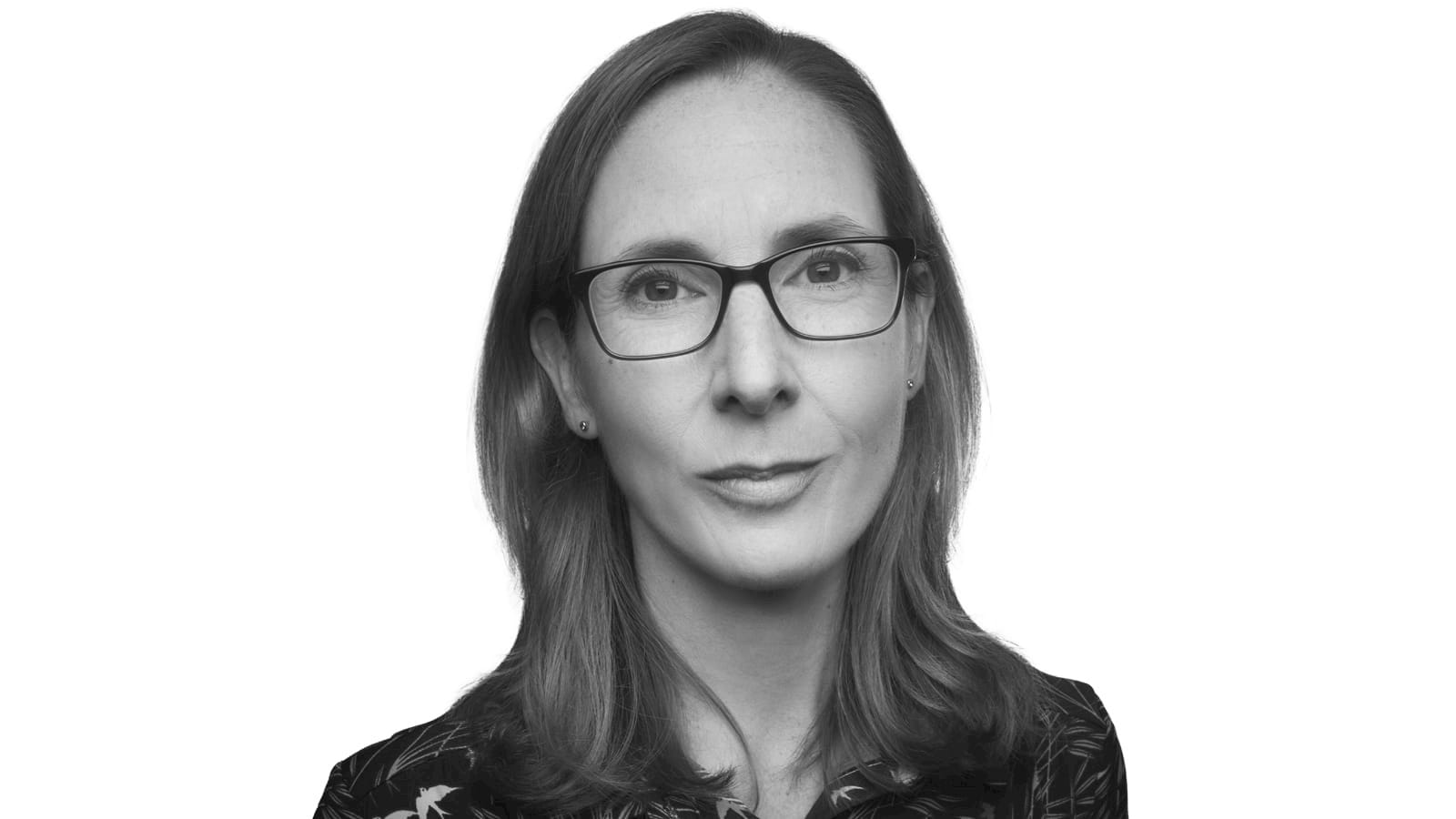Sarah Gilby, ESG technical director at Anthesis, has seen the development of environmental advisory on transactions grow and grow over her 25-year career
Why environmental consultancy?
Coming from a rural background, I’ve always had an interest in land and the environment. This led me to study environmental science at the University of Southampton. While I was there, a careers presentation from an environmental consultant opened my eyes to the idea of helping businesses forge change.After graduating, I started at specialist environmental consultancy Environ (then EAG). I built up my knowledge and experience, largely through on-the-job training, starting with assessing contamination risks for pension funds planning to buy large buildings. I quickly moved into environmental due diligence, predominantly assessing industrial businesses both in the UK and overseas. I enjoyed the fast pace and the great opportunities for travel.
I started a family in 2006 and while my children were young, I switched to a smaller, more local consultancy. But after two years, I wanted to get back into the due diligence space and moved to Parsons Brinckerhoff, where I was part of an environmental team within a larger engineering firm.
In 2011, the opportunity to return to Environ presented itself. It was stronger on the sustainability side, being pure-play environmental consultants, so I moved. Environmental, social and governance (ESG) was emerging as a concept and we were at the forefront. But when Ramboll acquired Environ, it became part of a large engineering firm and so in 2017 I moved to Anthesis. It felt like a whole new opportunity opened up, with an extensive team of sustainability specialists who could help accelerate my ESG work.
What’s your current role?
I joined Anthesis to build the UK and global transaction team and use my transaction and private equity client knowledge to build the ESG offering. The team and I provide ESG consulting services, predominantly to private equity clients and their portfolio companies. This covers a wide remit, including ESG strategy, materiality assessments, performance monitoring and improvement plans, including the setting of key performance indicators, and pure transactional work.A significant benefit of being part of Anthesis is that I routinely get to work with the wider teams providing bespoke solutions to clients. This can range from sustainability reporting to diversity equity and inclusion assessments and strategies, through to the plethora of services around the climate agenda. My work has really opened up and has moved away from having a pure environmental focus.
How has environmental due diligence changed?
The focus has shifted from traditional environmental due diligence – although that is still part of my work – to far more ESG due diligence. A real positive is that when I started out, clients just wanted to know if there was a problem and how much it would cost to fix. Now, clients want the business to improve its sustainability performance beyond just environmental matters, and ESG is seen as an opportunity and a way to add value. It is highly rewarding to work with the businesses post-acquisition, putting a sustainable performance pathway in place and realising those opportunities.Has finance become more important?
Financial acumen and commercial awareness have always been an important part of my work. I don’t have professional financial training and a lot of the commercial aspects have been learned through my years on the job –although many people coming through now do have more business and financial add-on training. The ESG business side of things has really boomed in the past five years, and there’s a shortage of trained or experienced professionals. We are looking at people with more financial or business backgrounds, as well as those who have taken the more traditional environmental route, but we also recognise that value comes in diversity of backgrounds. There are some really bright people out there with great ideas and different experiences and perspectives – their views should be listened to and encouraged.What of the future?
I’m looking forward to seeing the sustainability agenda continue to strengthen, seeing more people come into the industry, and passing on my knowledge and helping them learn and grow. Succession is important.About the article
This article originates from the Corporate Financier November 2021 edition. The magazine is exclusively available to ICAEW Corporate Finance Faculty members.

